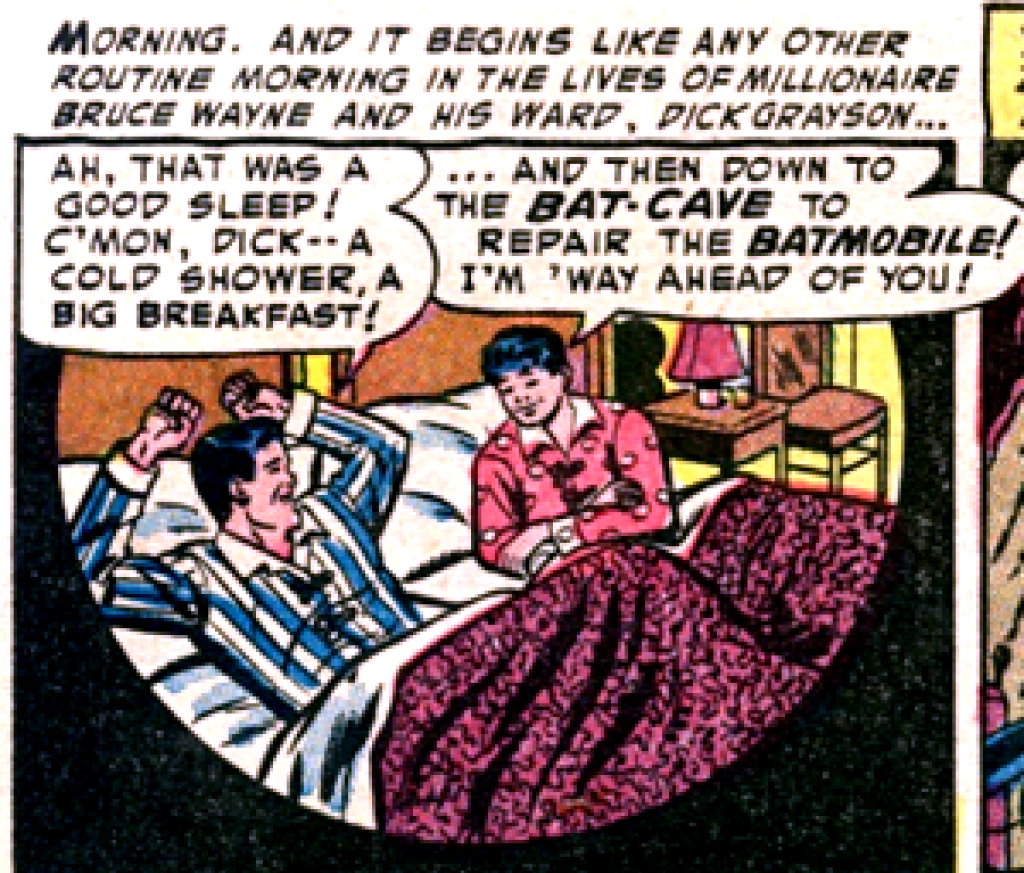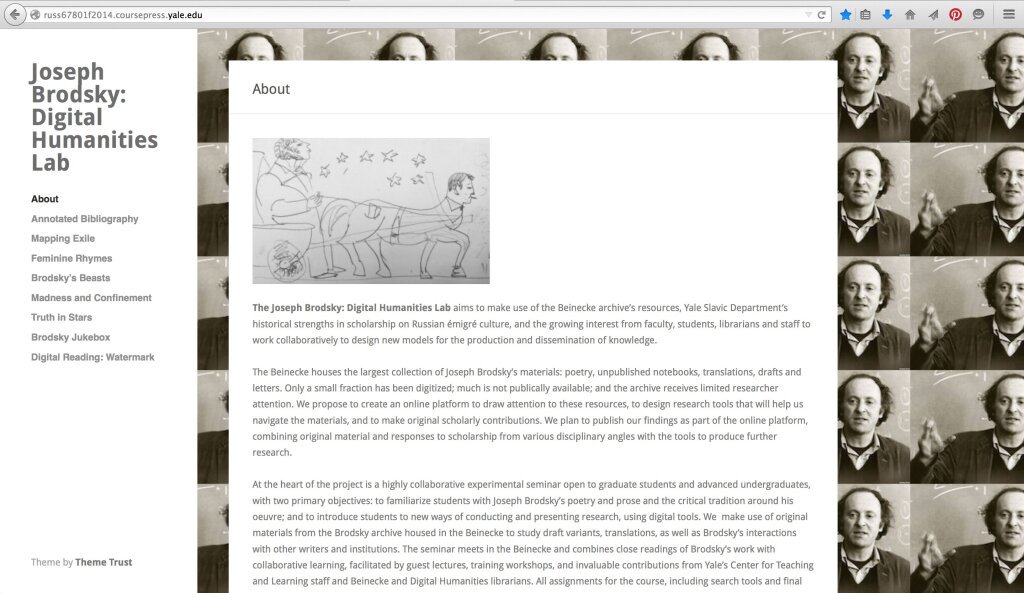It’s not easy keeping an open mind about what’s going on in Russia when government officials are so intent on keeping minds closed. Nor is it easy to refrain from taking cheap shots when the Ministry of Culture issues press releases that look as though they were drafted by the Russia bureau of The Onion. The Russian government has been listening far too closely to the extreme right on sexual issues, when it should be applying such neanderthal logic to its own behavior: are satirists to be blamed when a country governs itself so provocatively?
In the official Russian media, new enemies pop up on a daily basis: Georgians, predatory foreign adoptive parents, punk performers, and even garden-variety LGBT activists are already old hat. Indeed, when it comes to sexuality, Russian Culture Minister Vladimir Medinsky seems bored with all the familiar “perversions.” Recently, he has invented at least two new ones. On May 16, Ekho Moskvy reported Medinsky’s condemnation of multiple passports: “Holding dual citizenship is like trying to have two male parents.” And now the Ministry has decided to stamp out gay pillows.
No, the Moscow Ikea store has not been selling rainbow-embossed bedding (they learned their lesson when they withdrew an advertisement with a gay couple from the Russian market). At issue is a children’s puppet show called “The Soul of a Pillow” by Olzhas Zhanaidarov. Here is the plot according to Colta,ru (as translated by “queerussia”):
Kindergarten. After the quiet hour, while children are eating biscuits with milk, pillows tell children’s dreams to each other. Only a brand new hypoallergenic pillow Gerchik did not see any dreams. Wounded during transportation, the boy-pillow leaks buckwheat and is about to die. Then he will go to the cellar, the pillows’ hell. Grechik is close to despair, but then a little boy finds him, he is allergic and as lonely as Grechik.
An audience might be forgiven for not seeing the play’s moral and political ramifications, but, fortunately, the “Culture” newspaper has come to our rescue. In an article this past April, an anonymous author warns:
"The play for children that promotes same-sex love. The heroes (boy Kostya and pillows that live in kindergarten) are anxious to break into pairs. However nobody takes pillow-boy named Grechik, because it has buckwheat inside. Fortunately there is Kostya, who is also “not like others” because he is allergic to regular pillows with down and feathers (played by actresses). Kostya rejects pillows with female names and starts sleeping with Grechik”. (translation once again courtesy of queerussia).
Yes, the only thing worse than gays and lesbians lurking under every bed is gay pillows lying brazenly on top of the bed, poisoning our children’s brains through kinky scalp-to-pillowcase contact.
To be fair, today’s Russia is hardly unique in finding moral threats in mass culture. In fact, we may be witnessing the birth of a full-fledged moral panic centering on the LGBT community, and it’s a phenomenon that should be familiar to students of popular culture in the West. In 1954, psychiatrist Frederic Wertham published a book entitled The Seduction of the Innocent, whose thesis was that comic books were promoting juvenile delinquency among vulnerable children. Among the main threats posed by comics was, of course, homosexuality. In the dynamic due of Batman and Robin, Wertham saw a barely-concealed homosexual love story, while Wonder Woman was clearly a lesbian with a bondage fetish.
Decades later, Wertham’s condemnation of comics seems quaint, but it’s worth noting that his readings were not conjured out of thin air. Posting incriminating panels of Batman, Robin, and Wonder Woman has become something of a cottage industry on the net.
By the same token, Jerry Fallwell’s attack on Teletubbies decades later appears both comical and strangely incisive. Fallwell warned of the poor example set by Tinky-Winky, a purple (!) Teletubby with a triangle on his head (!!) and a strong fondness for carrying women’s handbags.
Both Fallwell and Wertham provide readings of popular culture that might be at home in the world of contemporary cultural studies, except that they leave out the Seinfeld refrain of “Not that there’s anything wrong with that.” The same probably holds true for Medinsky and his ilk. I haven’t seen “The Soul of a Pillow,” but I imagine it probably does work well as an allegory of difference and tolerance. At the very least, it takes a good deal of effort to make the grammatically feminine pillow (“podushka”) a masculine character. In fact, this suggests the one critical mistake made by the play’s opponents: the pillow is not gay, it’s transgender.
So, quick! Hide your children! Just not under the covers.






